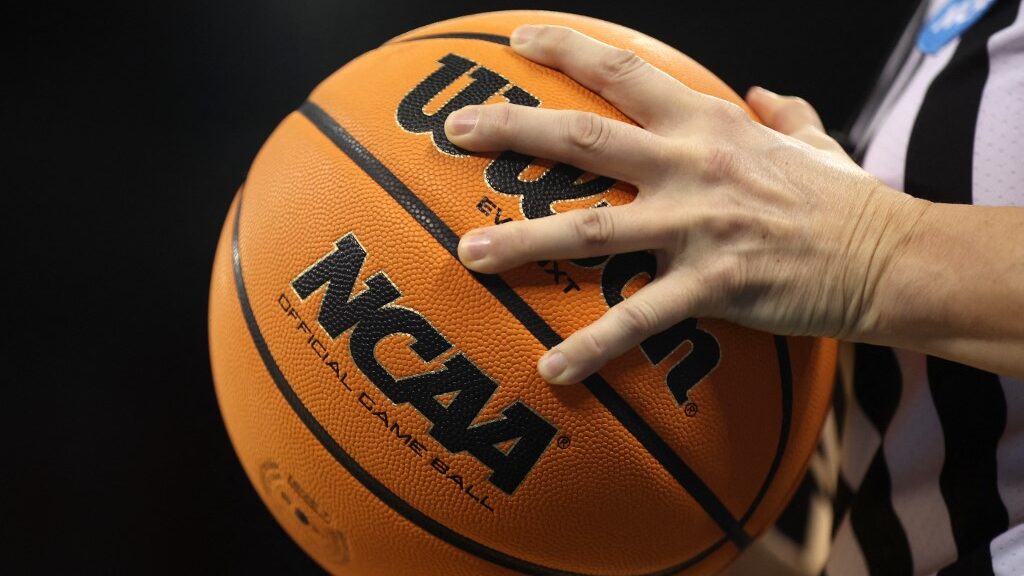
Charlie Baker is betting that the majority of lawmakers across the country will agree with him when it comes to prop bets and college sports.
The National Collegiate Athletic Association president and former Governor of Massachusetts says he wants states with legalized sports gambling to ban prop betting on all collegiate athletics.
In a statement he posted on social media, he said: “Sports betting issues are on the rise across the country with prop bets continuing to threaten the integrity of competition and leading to student-athletes and professional athletes getting harassed. The NCAA has been working with states to deal with these threats and many are responding by banning college prop bets.
This week we will be contacting officials across the country in states that still allow these bets and ask them to join Ohio, Vermont, Maryland, and many others and remove college prop bets from all betting markets. The NCAA is drawing the line on sports betting to protect student-athletes and to protect the integrity of the game — issues across the country these last several days show there is more work to be done.”
NCAA Reaching Out to States
The push against prop bets on college athletes started even before Baker made his statement. Gaming regulators in Ohio, Vermont and Maryland have removed prop betting on college athletes from online platforms and sportsbooks. Baker and his team are consistently reaching out to regulators in other states, advocating for similar bans.
The nine legal sports betting US states that do not restrict college player props are:
- Kansas
- Kentucky
- Louisiana
- Michigan
- Montana
- Nevada
- North Carolina
- West Virginia
- Wyoming
Indiana has a ban on in-play college props, while additional states, including Illinois, Maine, Nebraska, New Jersey, the District of Columbia and Vermont have other restrictions.
The Goal is to Minimize Risks
One of the main missions of the NCAA is to regulate college sports.
Recently, the organization initiated its ‘Draw the Line’ campaign to educate student-athletes about the impacts of sports gambling and to address related issues. A 2023 study (done by NCAA researchers) revealed that nearly 70% of college students aged 18-22 have participated in sports betting.
Companies monitoring sports betting for anomalies have warned collegiate sports administrators of an elevated risk of scandals. This concern stems from prop betting involving unpaid athletes, as it’s easier for players to manipulate their individual performance than to influence the overall game result.
On its website, the NCAA also expresses concern that player-specific prop bets could lead bettors to target student-athletes and athletics personnel for harassment.
Popularity of Sports Betting Might Slow the Process
Regulated sports betting continues to expand across the United States, marking its sixth consecutive year of growth. North Carolina has recently joined the ranks, becoming the 38th state to legalize gambling.
Betting on college sports is a big part of the money generated within the industry.
The American Gaming Association expects legalized sportsbooks to generate billions of dollars in bets on the NCAA men’s and women’s basketball tournaments alone.
Michael McCann, a professor and sports law expert at the University of New Hampshire, told Fortune that even if the NCAA manages to get states to take back prop bets on college sports, it probably won’t be the final step. He says that although the states hold the power to alter their rules about sports betting, any proposed changes might face resistance when they’re being discussed and decided upon by lawmakers.
We’ll now wait to see how it all plays out.













